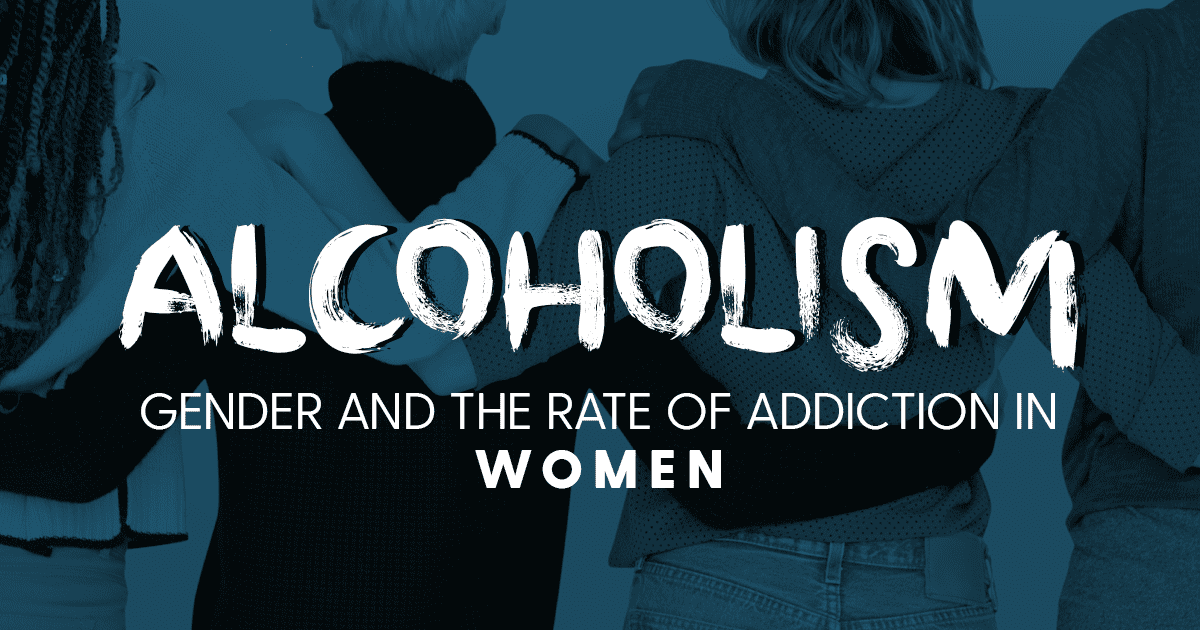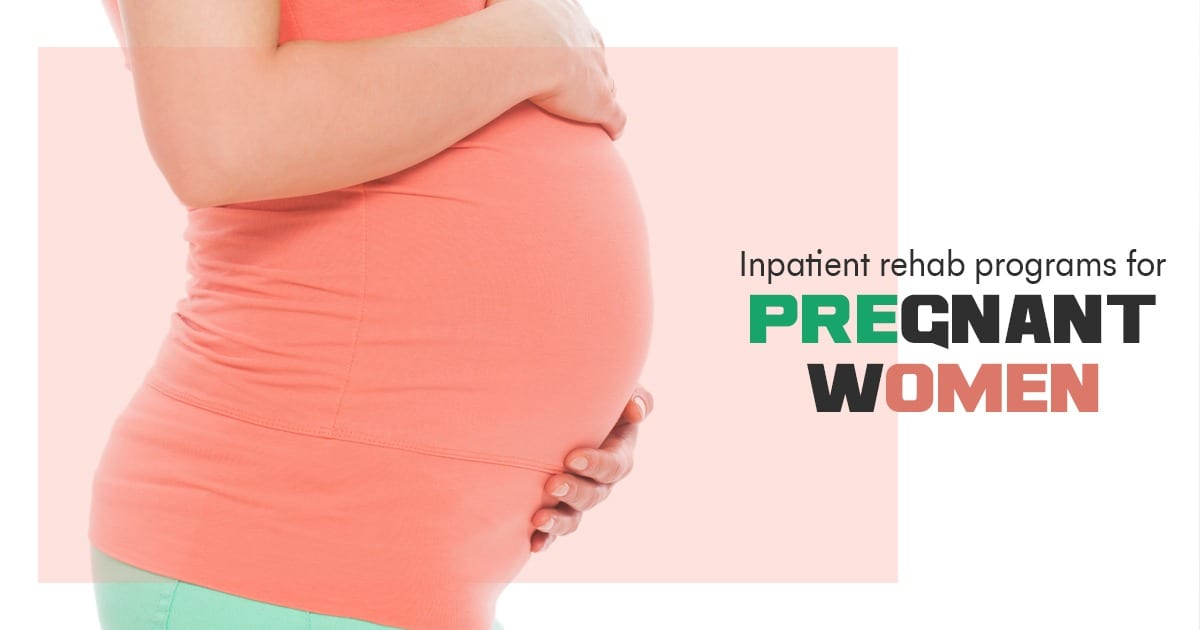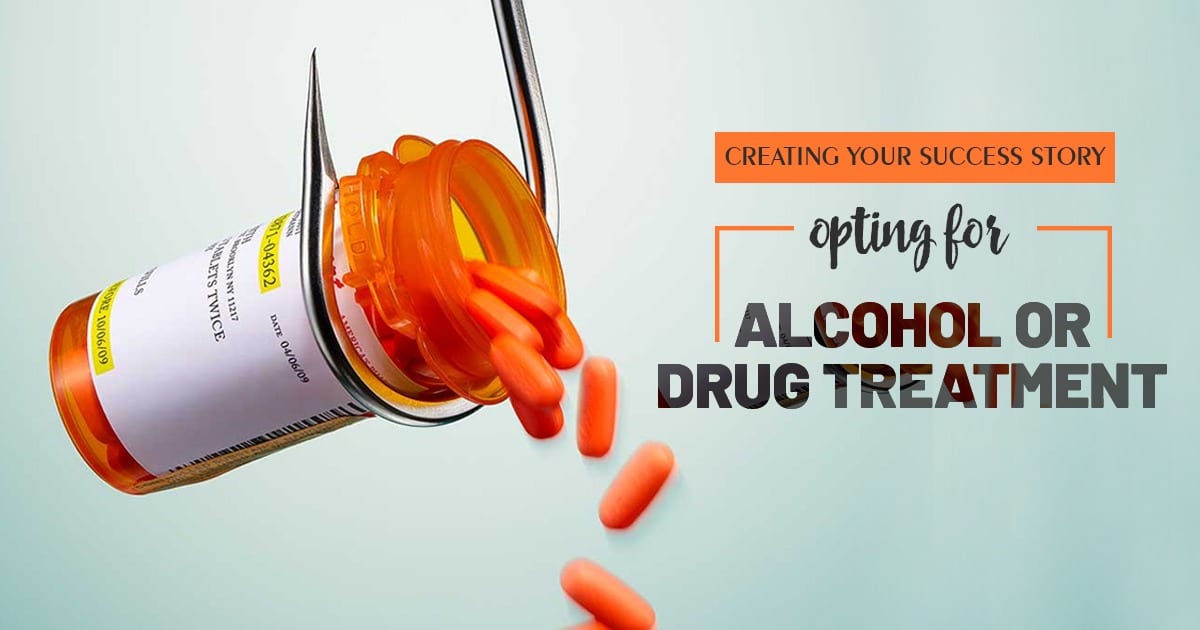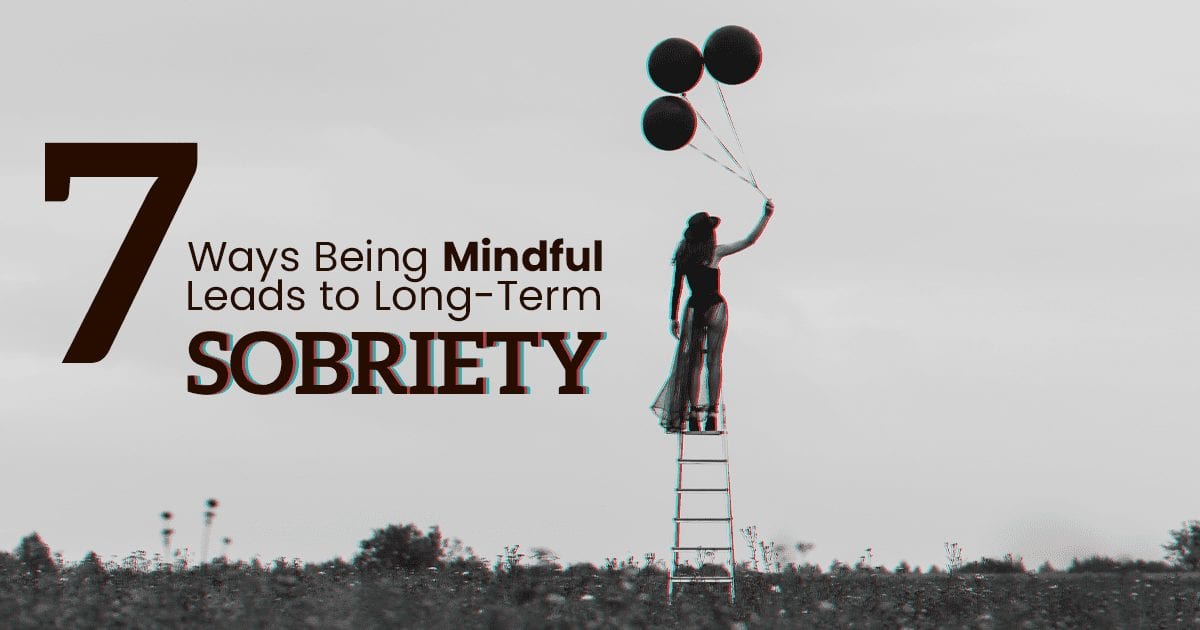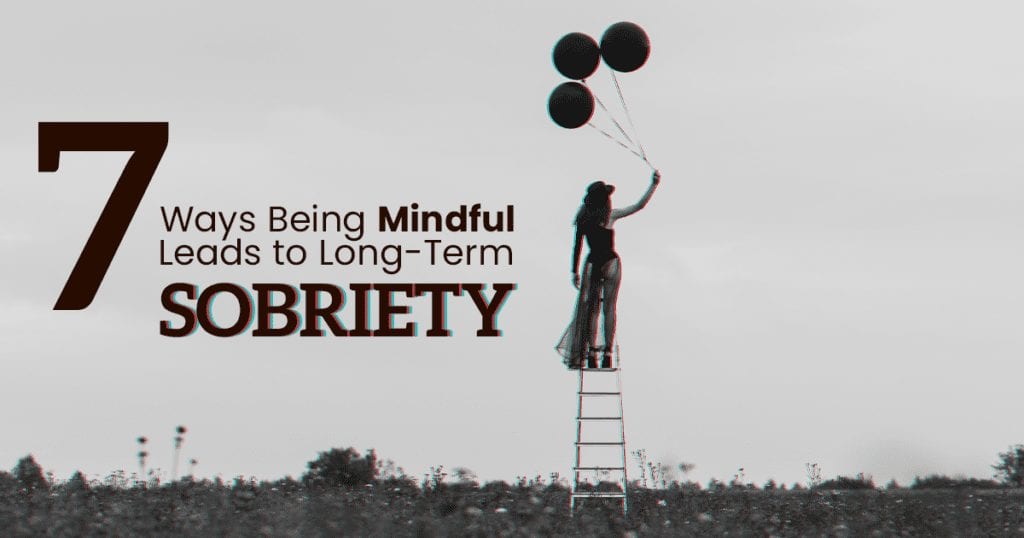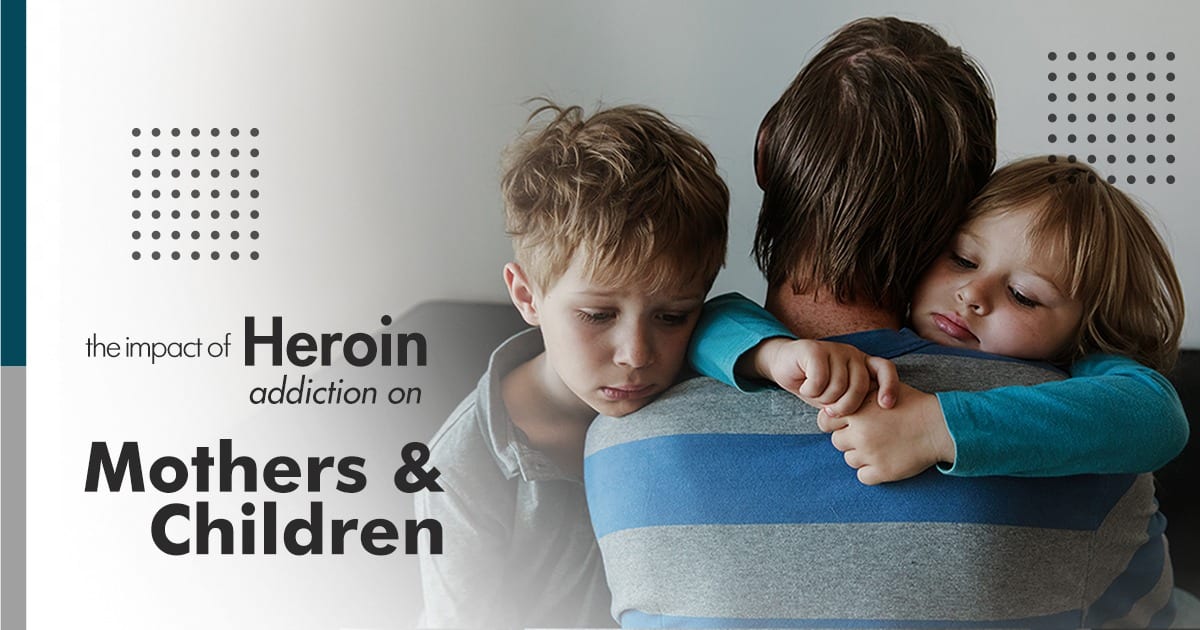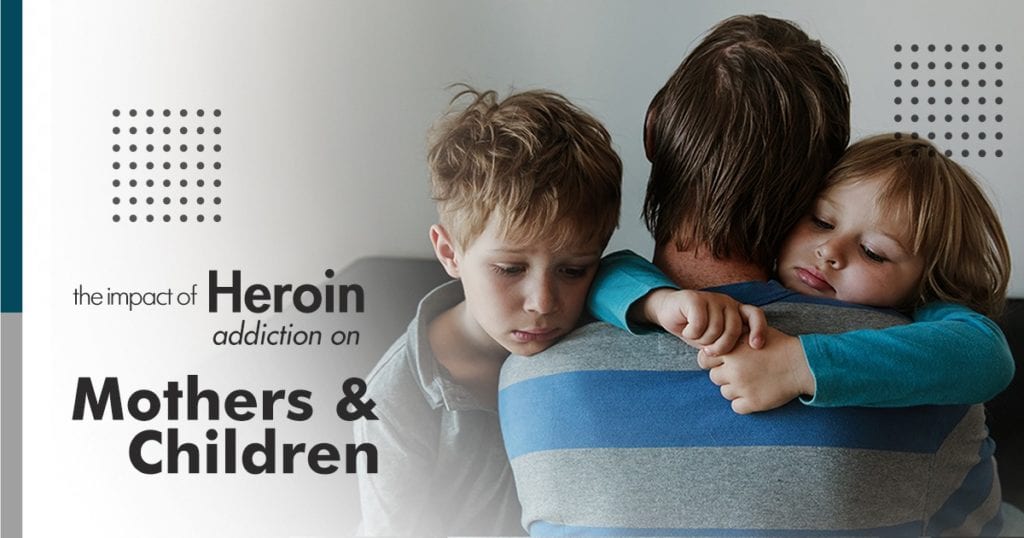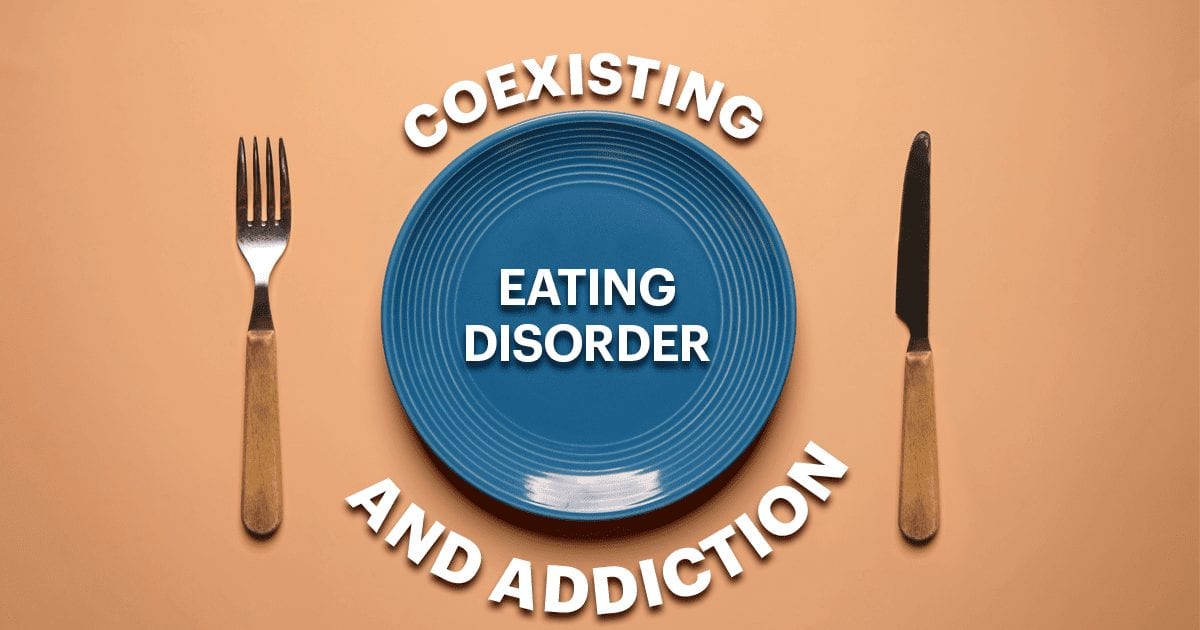
Eating disorders are more common in individuals who suffer from addiction: 35% of individuals with a substance use disorder report disordered eating, compared with just 5% of the female population. Some experts have questioned whether this connection reveals more significant similarities between eating disorders and addiction than were previously thought.
Researchers have proposed an “addiction model” describing eating disorder behavior, where the ED is simply another form of addiction. Others have called binge-eating disorder (BED) and obesity the consequences of an addiction to food. So, just how accurate are these models in representing disordered eating and addictive behavior? Read on to find out what science has to say about it.
Eating Disorders and Addiction: Are They The Same?
There are many similarities between eating disorders and addictions that have led some experts — rightfully or wrongfully — to propose an “addiction model” of eating disorders. For example, eating disorders and addictions are both diseases with physiological and psychological components. They are also both characterized by compulsive behavior.
Researchers have proposed that individuals with “addictive personalities” may be more prone to developing substance use disorders and eating disorders. An addictive personality type is characterized by obsessive behavior, anxiety, impulsivity, and risk-taking. Individuals who develop certain eating disorders, such as anorexia nervosa, may share some of these traits — especially ones of an obsessive-compulsive nature.
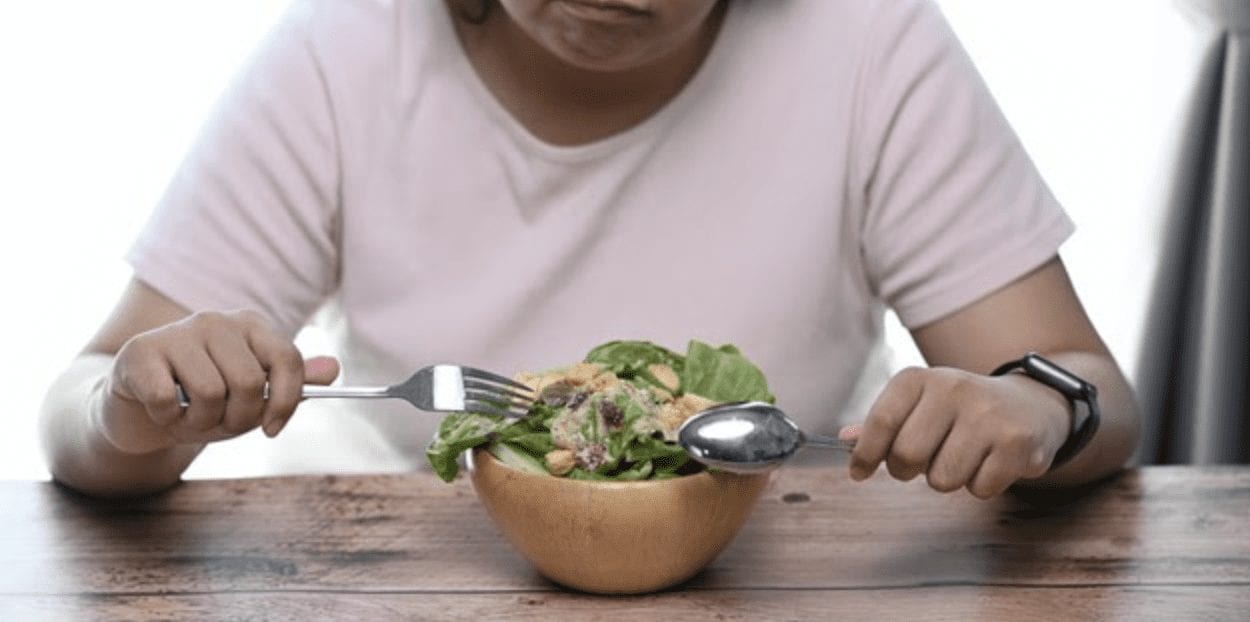
Some have even said that disordered eating behaviors, such as self-starvation, may represent an addiction to the body’s endogenous opioids. Eating disorders can also sometimes resemble an addiction to diet pills or laxatives.
Still, the consensus is that eating disorders are separate diagnoses. Although addiction often co-occurs alongside eating disorders, eating disorders are not the same thing as addictions. They are different enough that they even belong to different categories of the DSM-V handbook used by psychologists to diagnose mental health conditions.
How Are Food Addiction And Eating Disorders Alike?
“Food addiction” is another explanation that has been proposed for binge-eating disorder (BED), as well as obesity—eating triggers the release of feel-good chemicals like dopamine, which tell us to keep eating so that we can survive. The idea behind “food addiction” is that we can experience a high off these chemicals, leading us to keep eating far beyond our fullness cues
People with BED share some traits in common with individuals who have an addiction. They may eat compulsively, feeling out of control and unable to stop. But binge-eating is also characterized by feelings of guilt or shame associated with the binges and disruptions in body image. It frequently starts with a failed attempt at dieting.
Sometimes, individuals may try to compensate for the binges by making themselves throw up or abusing laxatives, comprising a disorder known as bulimia nervosa.
These disordered thoughts and behaviors are not explained by the “addiction model” of eating disorders. If binge eating were the result of “food addiction,” it would not be grouped with other eating disorders but with substance use disorders instead. But because binge-eating is so closely linked to dieting and disruptions in body image, like other eating disorders, we consider it a separate disease from addiction and group it with disorders like anorexia and bulimia.
“Food addiction” has also been proposed as a potential explanation for obesity. However, what’s important to understand about obesity is that it is not considered an eating disorder. While many obese individuals suffer from binge-eating disorder, obesity is a physical health issue, not a mental health one. Whether or not “food addiction” is to blame for obesity, this is a different problem from the confusion of “food addiction” with binge-eating.
Why Substance Abuse Coexists With Eating Disorders
According to the National Eating Disorders Association (NEDA), up to half of the people with eating disorders abuse substances; this rate is five times higher than that of the general population. Other than the “addictive personality” explanation, why do eating disorders so frequently coexist with substance abuse?
The most likely reason is a nonspecific genetic predisposition to developing mental illness. Scientists believe that we inherit genes that make us more likely to develop mental health issues in general, but not to develop one mental health problem over another.
It may be likely that the gene that makes us more likely to develop eating disorders is the same as the one that makes us more likely to develop an addiction. Accordingly, many people with both eating disorders and substance use disorders also have another first-degree relative who suffers from the disorder.

Another reason is that the risk factors of eating disorders closely resemble the risk factors of substance use disorders. The two disorders may have similar motivations behind them: an individual can self-medicate with drugs or alcohol, just as they can self-medicate with starvation or purging.
This self-medication may develop as the result of anxiety, depression, or trauma. High pressure and familial expectations can also contribute to the development of eating disorders and substance use disorders.
Even so, substance use disorders do not directly cause eating disorders, nor do eating disorders directly cause substance use disorders. It is difficult to say whether the substance use disorder came first or the eating disorder in many cases. One does not necessarily precede the other. The course of these diseases is different for everyone; sometimes, the two conditions may even develop simultaneously.
For example, “drunkorexia” is a colloquial term for a disordered eating behavior where people who binge drink withhold food to make up for calories consumed through planned drinking. If an individual exhibits “drunkorexic” behavior, it may be challenging to say which came first, the alcohol abuse or the caloric restriction.
Other times, people with eating disorders may adopt addictive behaviors to distract themselves from the consequences of the eating disorder. A common example is the use of cigarettes and nicotine in place of eating meals. Some individuals may pick up smoking (or the use of other drugs) as a way to facilitate self-starvation behaviors during the course of their eating disorders.
Eating Disorders And Drug Addiction Treatment
While eating disorders closely resemble addictions in many ways, the treatments for these disorders are vastly different. Most eating disorder treatment centers are equipped to handle certain types of addictive behavior, such as the abuse of diet pills or laxatives, but not to facilitate the withdrawal from addictive substances like alcohol or drugs.
If you suffer from both an eating disorder and an addiction, it’s crucial to locate a rehabilitation facility that can treat both conditions safely and effectively. Again, not all eating disorder treatment centers will be prepared to support you through the process of withdrawal. You may need to attend separate treatment programs for your eating disorder and your addiction or find a remarkable rehab facility equipped to handle both. Sometimes the most effective treatment or aftercare is having a support group of people who can understand what you’re going through. Anchored Tides Recovery is a place for women to heal. An all-female staff and all-female client base provide a comfortable environment for growth.
We work with all types of eating disorders and substance abuse. Our team will help you achieve your long-term goals, whether that is related to drug abuse, or you just want to change your relationship with food, we are here for you.

